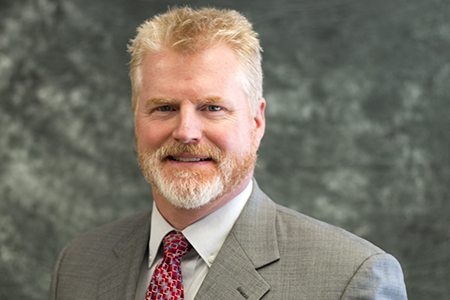Thank Goodness Biopharma Doesn't Fear Failure
By Rob Wright, Chief Editor, Life Science Leader
Follow Me On Twitter @RfwrightLSL
 Not long ago my wife and I were riding in our car, and she was driving. She asked if I could get a pill bottle out of her purse, so I opened the bottle and poured some pills into my hand. Noting there were three different forms of pain relievers I asked if she preferred one over the other. Her reply, “Just give me two of the same kind.” Handing her the pills, I commented, “Sorry you have a headache. But thank goodness for all those people working at drug companies developing medicines to treat it with.” And then I began reflecting on how lucky we are, and how we as a society likely take for granted the many medications that improve our lives daily. With that in mind, let’s look a little deeper at the pills I ended up handing my spouse.
Not long ago my wife and I were riding in our car, and she was driving. She asked if I could get a pill bottle out of her purse, so I opened the bottle and poured some pills into my hand. Noting there were three different forms of pain relievers I asked if she preferred one over the other. Her reply, “Just give me two of the same kind.” Handing her the pills, I commented, “Sorry you have a headache. But thank goodness for all those people working at drug companies developing medicines to treat it with.” And then I began reflecting on how lucky we are, and how we as a society likely take for granted the many medications that improve our lives daily. With that in mind, let’s look a little deeper at the pills I ended up handing my spouse.
Ibuprofen is a discovery resulting from research begun in the 1950s to find a safer alternative to aspirin. We can thank British pharmacist Stewart Adams, Ph.D., for developing ibuprofen as the first nonsteroidal anti-inflammatory drug (NSAID), filing a patent for it in 1961. It became available (by prescription only) in 1969 and 1974 in the United Kingdom and the United States, respectively, and eventually gained over-the-counter status in the U.K. (1983) and the U.S. (1984). Today, it is listed on the WHO’s List of Essential Medicines and has a wholesale cost of about five cents per dose. Hundreds of millions of people have taken this analgesic, and I can’t help but wonder how many have ever reflected on its inventor, who passed away this past January at the age of 95. Adams spent his entire 54-year career at Boots, a 170-year-old health and beauty retailer and pharmacy chain with more than 2,400 stores. Not only did he never make a penny from what he developed, but he also used to joke that he actually lost money as his employer never reimbursed him the promised £1 patent filing fee! He was involved in 10 years of drug trials, and according to his employer, Adams and his small team tested 20,000 candidate compounds prior to launch. This means that he and his team essentially failed at ibuprofen some 19,999 times.
If you work in biopharma, then you know failure comes with the territory. Back in March we heard of yet another failure in Alzheimer’s disease drug development, as Biogen and Eisai announced the halting of two Phase 3 clinical trials of aducanumab. The decision was driven by a futility analysis that indicated the drug was not going to prove effective, and the choice not to proceed cost Biogen roughly $18 billion in lost market value. Yet less than one week later, Eisai and Biogen announced the initiation of a Phase 3 trial for the anti-amyloid beta protofibril antibody BAN2401 for use in patients with early Alzheimer’s disease. While some have abandoned Alzheimer’s research, Biogen and others thankfully persist.
For this month’s cover feature I interviewed Richard Pops, chairman and CEO of Alkermes. He, too, has experienced failure, and so I asked if he ever feared losing his job as a result. Pops replied that he prefers spending energy on what’s happening next rather than wallowing on failures of the past. Thank goodness for people like Adams and Pops and companies like Biogen and Eisai that don’t fear failure. Because treatments for Alzheimer’s, cancers, and even headaches don’t (and won’t) come about by wishing.
